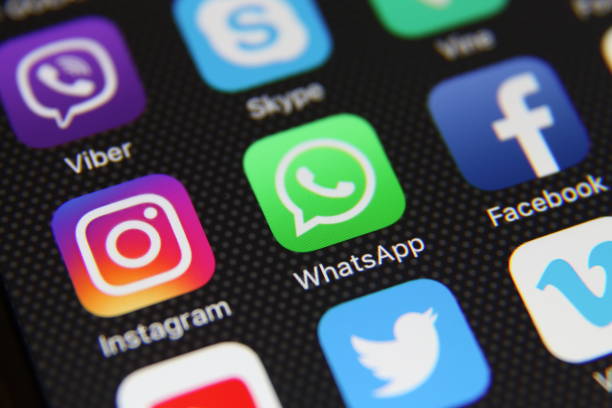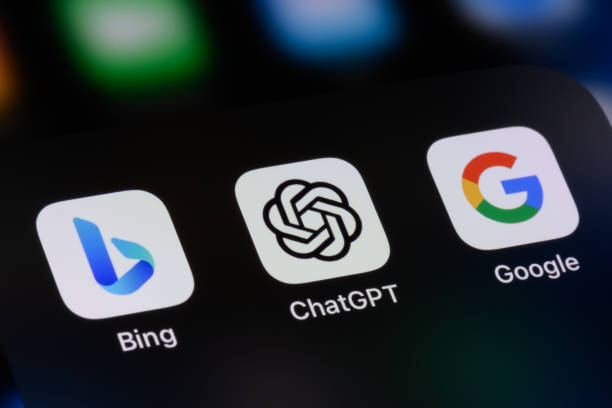The mental health industry is undergoing a digital transformation faster than ever before. In 2025, marketing agencies that specialize in mental health are leading the way with tools, strategies, and innovations designed to help therapists, counselors, and clinics thrive online. From AI-powered personalization to advanced SEO tactics, these trends are not just “nice-to-have” features—they’re the foundation of successful growth for mental health practices in today’s competitive landscape.
This article explores the most impactful digital trends shaping mental health marketing in 2025. Whether you’re a solo therapist or managing a large practice, understanding and implementing these strategies can help you reach more clients, build trust, and stay ahead.
The Rise of Voice Search in Mental Health Marketing
Voice technology is no longer futuristic—it’s the present. With nearly half of online searches now conducted via voice assistants, marketing agencies have made voice search optimization a top priority. For therapists, this means ensuring websites and content are optimized to appear in conversational queries like “find a therapist near me” or “best anxiety counselor open today.”
Agencies are helping professionals:
- Structure content in Q&A formats.
- Implement schema markup for services and locations.
- Ensure sites load quickly on mobile devices.
If your therapy website isn’t voice-search friendly, you risk being invisible to potential clients. Agencies now use proven frameworks like the Step-by-Step Guide to Voice Search Optimization for Psychologists to future-proof practices.
Artificial Intelligence in Therapy Marketing
AI has evolved from an experimental tool to a central driver of mental health marketing. In 2025, agencies rely heavily on AI for:
- Predictive analytics: Forecasting client behavior and tailoring outreach.
- Personalization engines: Recommending services based on client needs.
- Chatbots: Handling after-hours inquiries and boosting accessibility.
For example, therapists now integrate AI-powered scheduling systems that reduce no-shows and streamline bookings. Agencies also advise on ethical implementation, guided by resources like How to Ethically Use AI in Mental Health Care.
By combining automation with empathy, AI doesn’t replace therapists—it amplifies their ability to connect and engage.
SEO: Still the Backbone of Digital Growth
Even as AI and voice search take center stage, SEO remains the bedrock of digital visibility. The difference in 2025? Agencies now use hyper-specialized SEO tailored for mental health professionals.
Key trends include:
- Local SEO strategies targeting “near me” searches.
- Voice-specific keyword targeting.
- Privacy-first SEO that respects HIPAA guidelines.
For deeper insights, agencies often recommend exploring Essential SEO Strategies for Mental Health Professionals to ensure practices remain competitive online.
Video Marketing as a Trust Builder
Video continues to dominate digital channels in 2025. Agencies encourage therapists to use short, authentic videos that showcase their expertise and approachability. Platforms like YouTube, TikTok, and Instagram Reels are particularly effective for:
- Breaking down therapy myths.
- Sharing wellness tips.
- Demonstrating therapeutic techniques.
Agencies also highlight strategies like the YouTube for Therapists: Voice-Optimized Video Strategy to help practices attract clients while ensuring ADA and HIPAA compliance.
Personalized Client Experiences
Generic marketing is fading fast. Today’s clients expect personalized interactions at every step of their digital journey. Marketing agencies achieve this by:
- Building secure patient portals where clients can access forms, appointments, and resources.
- Using data-driven personalization to deliver targeted newsletters or blog recommendations.
- Creating multilingual websites to reach diverse populations.
For group practices, tailored digital tools are now essential. See How Can Group Practices Benefit From Secure Patient Portals? to understand how personalization translates into better engagement and retention.
Teletherapy-Centric Marketing
Teletherapy is no longer just an alternative—it’s a core part of modern mental health care. Agencies now design marketing strategies with virtual-first practices in mind.
Trends include:
- Developing HIPAA-compliant teletherapy websites.
- Marketing hybrid (in-person + virtual) services.
- Highlighting convenience and accessibility in client messaging.
As detailed in Should Therapists Integrate Telehealth and EHR on Their Website?, integration is not just a technical feature—it’s a marketing advantage that signals professionalism and client-centered care.
Ethical Storytelling and Content Marketing
Agencies have shifted toward ethically responsible storytelling that educates rather than sensationalizes. In 2025, clients seek value-driven content like:
- Mental health blogs optimized for SEO.
- Guides on coping strategies.
- Transparent information about therapy outcomes.
Content marketing is still one of the most cost-effective ways to build trust, and agencies ensure therapists maintain compliance while still ranking highly in search engines.
Social Media Evolution: From Posts to Communities
Social platforms are no longer just for awareness—they’re now hubs for community-building. Agencies help therapists create:
- Private Facebook or LinkedIn groups for ongoing support.
- Educational series on Instagram Live or TikTok.
- Branded hashtags for greater visibility.
In 2025, it’s not about how often you post but how meaningfully you engage. Agencies teach practices to balance professionalism with approachability in these digital communities.
Accessibility and Inclusivity by Design
Websites and campaigns are now built with accessibility at their core. Agencies ensure compliance with ADA standards, adding features like:
- Alt text for images.
- High-contrast color palettes.
- Voice-enabled navigation.
At the same time, inclusivity drives campaigns that reflect diverse identities, languages, and cultural contexts. Agencies know that accessibility isn’t just about compliance—it’s about building trust with every client who visits your site.
Future-Proofing with Continuous Audits
Digital marketing isn’t static. Agencies now offer quarterly audits of SEO, website speed, and content performance to ensure therapists don’t fall behind. Tools like the 20-Minute Digital Presence Audit for Mental Health Professionals give practices clear benchmarks to measure progress.
Conclusion
The digital trends defining mental health marketing in 2025 revolve around personalization, accessibility, and technology that empowers both therapists and clients. Agencies that specialize in this field aren’t simply offering services—they’re building the infrastructure for modern, thriving practices.
By embracing AI, voice search, SEO, teletherapy marketing, and ethical content strategies, mental health professionals can stay competitive and deliver the compassionate care clients are looking for.
If you’re ready to harness these trends for your practice, partnering with experts at Mental Health IT Solutions can ensure you’re not just keeping up with 2025—but leading the way.






